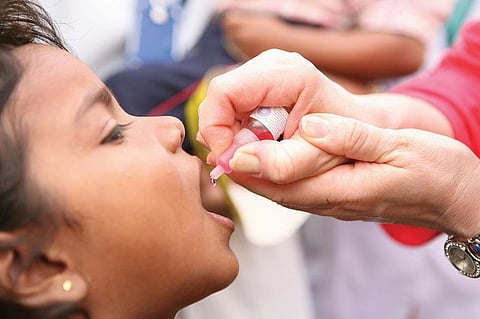Take Digital Journal, for example – the popular Canadian citizen journalism site where I wrote hundreds of articles over the course of 5 years and was one of the top content producers for a few months. But last year when I published my article on the history of polio incidence, it was removed. The article titled "The millions of polio sufferers who never existed" was published on November 23, 2014 and remained published for two weeks before it was removed from the website. On December 8, 2014, I received the editorial staff' email telling me:


